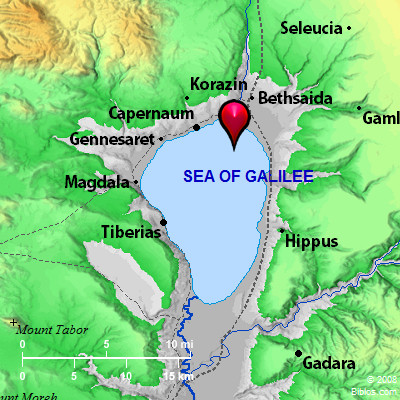John 6:37-40.
All that the Father giveth Me shall come to Me; and him that cometh to Me I will in no wise cast out.
For I came down from heaven, not to do Mine own will, but the will of Him that sent Me.
And this is the Father’s will which hath sent Me, that of all which He hath given Me I should lose nothing, but should raise it up again at the last day.
And this is the will of Him that sent Me, that every one which seeth the Son, and believeth on Him, may have everlasting life: and I will raise him up at the last day.

The people had asked Jesus how do to His work, and what His work was.
His answer is beautiful in its simplicity, deep in its doctrine, comforting in its promise.
To condense these four important verses into a short blog post is something of a challenge, but I didn’t think it was wise to separate His statement into shorter portions.
Verse 37: All that the Father gives Me. The pronoun is neuter, referring to everything the Son receives from the Father, and inclusive of people who come to Him in faith. The picture he draws is of a poor man who seeks assistance from a wealthy man, who kindly takes him in and does not refuse him.
Verse 38: Jesus stated clearly that He left heaven strictly according to the will of the Father. Total, unquestioning obedience.
Verse 39: I love this reassurance that all that the Father gives Him will never be lost, but that all will be with Jesus. He says in both 39 and 40 that He will raise up the believers from death and the grave “at the last day.” The meaning here refers to the last day of this present age when all believers, living and dead, will be taken from this world to be forever with the Lord. The last day that sin will rule the world. The last day before God will establish His Son as the Messiah, King, Ruler over all that He has given to His Son. The world, all that is in it, all souls who love Him; the universe, and heaven itself. After that last day, all will be given permanently into the Son’s control and care.
V. 40: We will be raised up into everlasting life! What a day, glorious day, that will be!
Please watch the entire video. You will be blessed!








